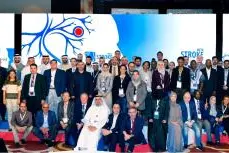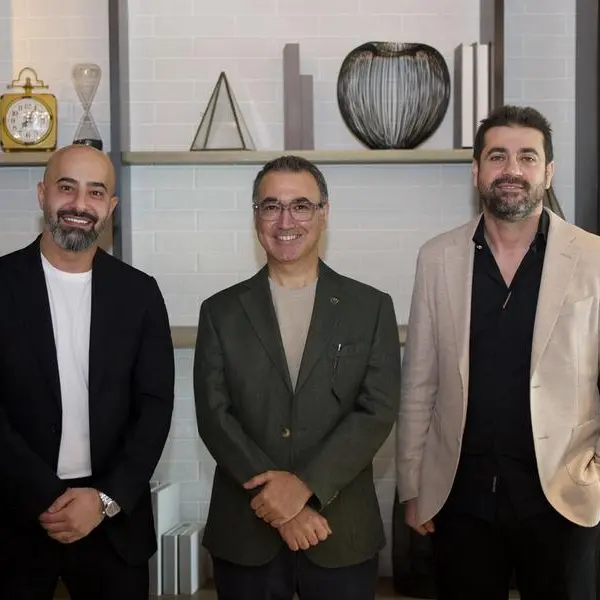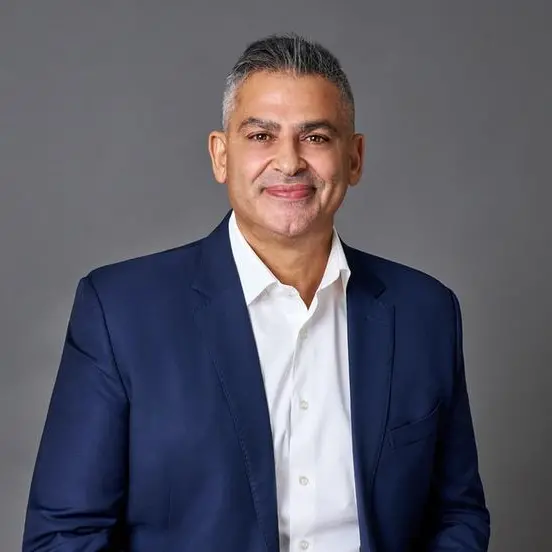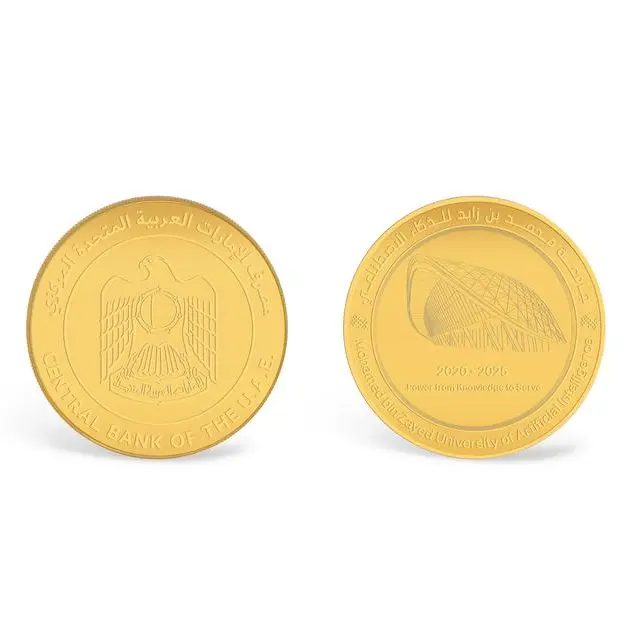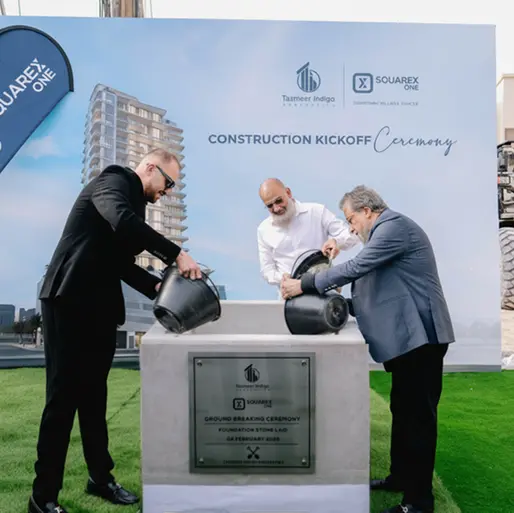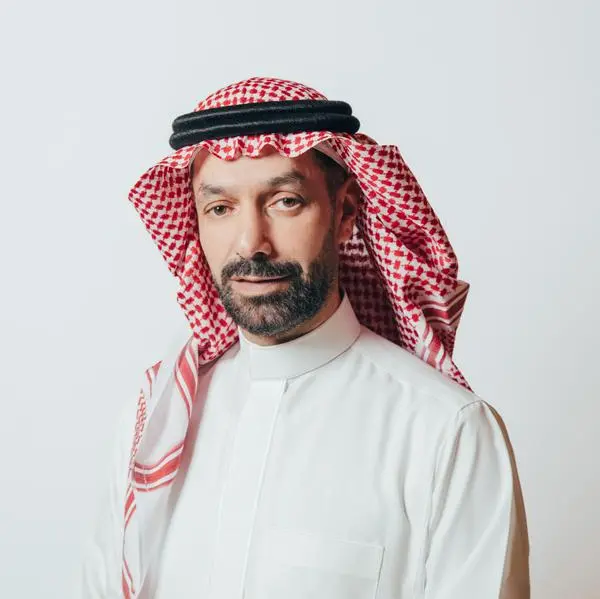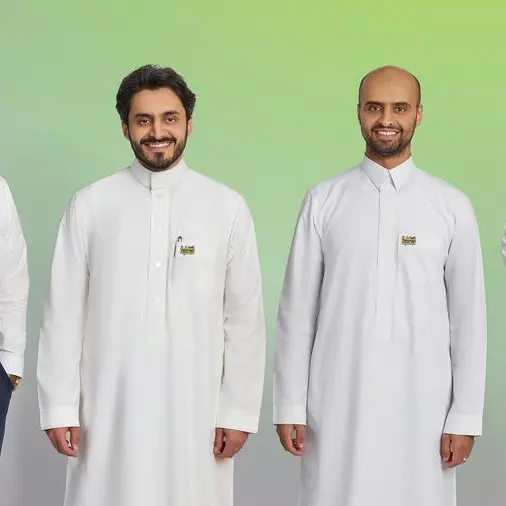PHOTO
- The attendees agreed on strategic objectives that include moving from 10,000 stroke patients already being saved to 30,000 patients in five years
- Boehringer Ingelheim, in collaboration with top medical professionals and regulators in the region are working towards increasing stroke units in hospitals from 200 to 500 in the coming five years
- In the United Arab Emirates (UAE), a memorandum of understanding (MoU) with the Ministry of Health and Prevention (MOHAP) was signed to reduce stroke mortality by 20% in the coming three years
The United Arab Emirates: More than 100 prominent neurologists from the Middle East, Turkey and Africa (META) participated in the META Stroke Academy, an annual event that is organized by Boehringer Ingelheim, one of the world’s leading pharmaceutical companies, in an effort to shed light on recent advances in stroke care management across the region.
Attendees stressed the urgency to develop more efficient and accurate methods to measure stroke in the region. There is also a significant call to increase public awareness and implement interventions on stroke and its risk factors and symptoms to help people understand the negative impact of stroke on quality of life and potentially prevent stroke.[1]
Strategic objectives were agreed during the META Stroke Academy, which included moving from 10,000 stroke patients already being saved to 30,000 patients in five years, as well as increasing stroke units in hospitals from 200 to 500 during the same timeframe.
As one of the biggest causes of death and severe disability in the region, the epidemiology of stroke is changing rapidly, and the global stroke burden continues to increase worldwide. The younger population of the region indicates that the stroke will increasingly become a burden in the coming years.
In the UAE, an MoU was signed between Boehringer Ingelheim and the MOHAP which aimed to reduce stroke mortality by 20% in the coming three years. In addition, the collaboration resulted in the MOHAP assigning three stroke centers to support three zones including Sharjah, Ras Al Khaimah and Fujairah. Moreover, a drip and ship protocol was established in designated hospitals without PCI.
Dr. Suhail Abdulla Al-Rukn, Neurology Consultant and Stroke Specialist at Rashid Hospital, President of the Emirates Neurology Society said, “Across the UAE, we are improving stroke care through thrombolysis treatment, radiology teams, and rehabilitation services. This is especially important as it sheds light on the importance of establishing dedicated stroke units in hospitals around the country. Around 12,000 people suffer from stroke in the UAE annually. Only 30% of stroke patients reach a hospital on time and begin the right treatment. In the UAE, we have 6 dedicated stroke units across hospitals. This has been exemplified in the collaborative efforts conducted with the government to leverage best stroke care practices, and ultimately save lives.”
A stroke occurs when the blood supply to part of your brain is interrupted or reduced, depriving brain tissue of oxygen and nutrients. Within minutes, brain cells begin to die.[2] Risk factors for stroke that can be changed, treated or medically managed include high blood pressure, heart disease, diabetes, smoking, obesity, lack of exercise as well as abnormal heart rhythm.[3]
“To address this, the medical community focuses on making the right choice for patients when it comes to stroke prevention through the use of oral anti-coagulants which are used to treat atrial fibrillation. Studies have shown that anticoagulation can result in a 64% reduction in strokes.[4] Rapid diagnosis in a dedicated stroke centre can quickly determine the stroke and immediate medical treatment, in less than 60 minutes, known as the Golden Hour reduces the chances of further complications. It is worth mentioning that within two years, Rashid Hospital has succeeded to reduce the door-to-needle time frame from 95 minutes to 35 minutes,” noted Dr. Al Rukn.
Mohamed Tawil, Head of Human Pharmaceuticals, Middle East, Turkey and Africa (META) also said, “Strokes steal lives. From the moment it strikes, stroke becomes a life changing experience, and coping with it can be both physically and emotionally devastating for the patient as well as for their families. Many patients feel isolated due to the loss of their independence during the recovery stage. Our collaborations across the region ensure that we make every second count for patients. It is also for this reason that we come together as experts under one roof to improve care protocols and agree on strategic objectives to further enhance diagnosis and treatment processes. At Boehringer Ingelheim, we remain committed to support patients and healthcare professionals by driving the implementation of stroke units within hospitals to reduce the burden of stroke disability and so that lives are not lost as a result of not being able to reach the nearest centre on time, and eventually leading to faster and better patient outcomes.
Symptoms of stroke can include sudden numbness or weakness of the face, arms or legs on one side of the body, as well as speech impairment, trouble with eye sight, loss of balance as well as severe headache. F.A.S.T is an easy way to remember the sudden signs of stroke, which refers to Face Dropping, Arm Weakness, Speech Difficulty and Time to call for support.
-Ends-
About Boehringer Ingelheim
Improving the health of humans and animals is the goal of the research-driven pharmaceutical company Boehringer Ingelheim. The focus in doing so is on diseases for which no satisfactory treatment option exists to date. The company therefore concentrates on developing innovative therapies that can extend patients’ lives. In animal health, Boehringer Ingelheim stands for advanced prevention.
Family-owned since it was established in 1885, Boehringer Ingelheim is one of the pharmaceutical industry’s top 20 companies. Some 50,000 employees create value through innovation daily for the three business areas human pharmaceuticals, animal health and biopharmaceuticals. In 2018, Boehringer Ingelheim achieved net sales of around 17.5 billion euros. R&D expenditure of almost 3.2 billion euros corresponded to 18.1 per cent of net sales.
As a family-owned company, Boehringer Ingelheim plans in generations and focuses on long-term success. The company therefore aims at organic growth from its own resources with simultaneous openness to partnerships and strategic alliances in research. In everything it does, Boehringer Ingelheim naturally adopts responsibility towards humankind and the environment.
For more information, please visit the company’s social media platforms for the region: Facebook or Twitter
For further information, kindly contact:
Emeel Bishay
Director
FleishmanHillard – Middle East
T: +971 55 886 2717
Emeel.Bishay@fleishman.com
Disclaimer: The contents of this press release was provided from an external third party provider. This website is not responsible for, and does not control, such external content. This content is provided on an “as is” and “as available” basis and has not been edited in any way. Neither this website nor our affiliates guarantee the accuracy of or endorse the views or opinions expressed in this press release.
The press release is provided for informational purposes only. The content does not provide tax, legal or investment advice or opinion regarding the suitability, value or profitability of any particular security, portfolio or investment strategy. Neither this website nor our affiliates shall be liable for any errors or inaccuracies in the content, or for any actions taken by you in reliance thereon. You expressly agree that your use of the information within this article is at your sole risk.
To the fullest extent permitted by applicable law, this website, its parent company, its subsidiaries, its affiliates and the respective shareholders, directors, officers, employees, agents, advertisers, content providers and licensors will not be liable (jointly or severally) to you for any direct, indirect, consequential, special, incidental, punitive or exemplary damages, including without limitation, lost profits, lost savings and lost revenues, whether in negligence, tort, contract or any other theory of liability, even if the parties have been advised of the possibility or could have foreseen any such damages.
